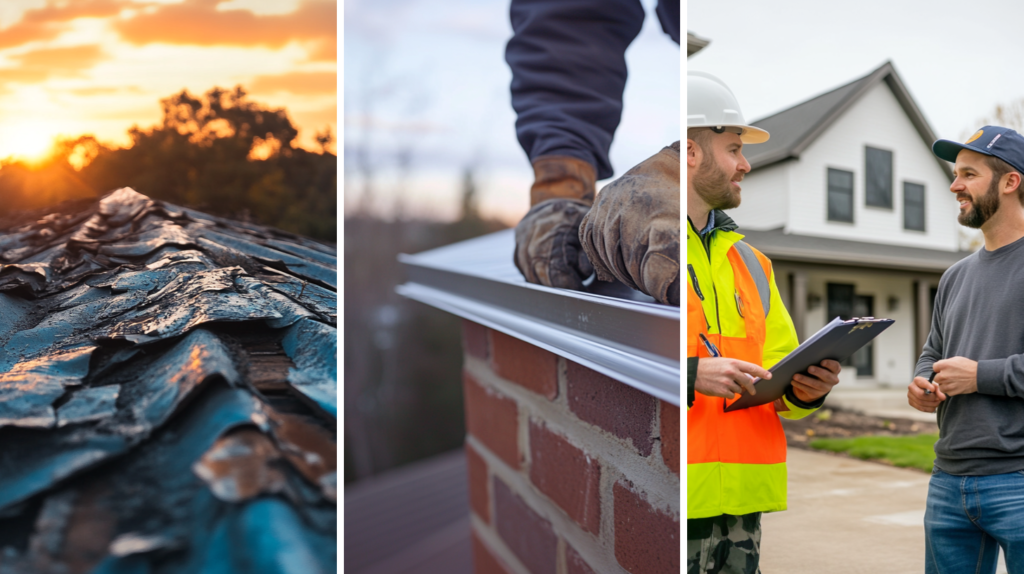
When entering a standard roofing contract, home and building owners must familiarize themselves with the key elements outlined in the agreement. A roofing contract serves as a legally binding document that outlines the terms and conditions of the roofing project, providing clarity and protection for both parties involved. By understanding these key elements, customers can ensure that their interests are well-protected and that the project will be completed according to their expectations. Scope of Work Including well-crafted scope of work provisions in roofing contracts is of utmost importance. These provisions outline the tasks, materials, and responsibilities the roofing contractor must complete. By clearly defining the scope of work, the contractor and the client are protected from potential disputes and uncertainties. One key advantage of having a detailed scope of work is that it helps avoid disputes. Without clear guidelines, misunderstandings can arise regarding the extent of the roofing work. With a well-defined scope of work, both parties clearly understand the project's boundaries, preventing disagreements or confusion. Additionally, the scope of work provisions ensures clarity regarding additional work and charges. In the roofing industry, unforeseen issues or requested changes may arise during construction. The scope of work provision allows for a transparent agreement on handling these situations. It explicitly defines what constitutes additional work and outlines the process for requesting and approving such changes. This clarity helps prevent unexpected charges and allows for better communication and cooperation between the roofing contractor and the client. Payment Terms When entering into a roofing contract, it is essential to clearly outline the payment terms to ensure a smooth and satisfactory transaction for both parties involved. One crucial aspect to include in the roofing contract is a 50% deposit requirement. This deposit covers the cost of ordering materials and securing the necessary resources for the project. Specifying this deposit helps protect the contractor and the client from any financial uncertainties or difficulties during the project. Additionally, it is vital to highlight the timeframe for the remaining balance to be paid. The roofing contract should clearly state that the balance is to be paid within 15 days after completion of the project. This timeframe allows for a reasonable window for the homeowner or building owner to review the completed work and ensure they are satisfied before making the final payment. The contract should also specify any extra charges that may apply if additional work is required or changes are made to the project's original scope, ensuring that all reasonable costs are accounted for. Both parties can understand their obligations and expectations by explicitly outlining these payment terms and potential extra charges. This clarity builds trust and confidence throughout the project, ensuring a positive experience for the contractor and the client. So, whether you're a homeowner or a building owner seeking roofing services, reviewing and understanding the payment terms in a roofing contract is crucial for a successful project. Warranties and Guarantees Two commonly associated warranties are manufacturer warranties and labor warranties, each providing distinct coverage and duration of time. Manufacturer warranties typically cover defects in roofing materials, such as shingles or tiles. These warranties vary in duration, often ranging from 10 to 50 years. However, it is important to note that manufacturer warranties do not typically cover any issues arising from improper installation or maintenance, so ensuring proper installation is crucial for full coverage. On the other hand, labor warranties focus on the workmanship involved in installing the roof. These warranties typically cover installation errors and can range from 1 to 20 years. Unlike manufacturer warranties, labor warranties generally do not cover material defects or issues related to the entire roof. Installation methods play a vital role in determining warranty eligibility. For instance, nail patterns must follow manufacturer specifications to ensure proper installation. Additionally, proper underlayment is crucial for protecting against water infiltration and increasing the roof's lifespan. Understanding the different types of warranties and the importance of installation methods is crucial for any homeowner or building owner. It ensures proper coverage and protects against future issues, providing peace of mind and potential cost savings over the contract time. Learn more about terms and conditions of a roofing contract and the services we offer: skyroofingconstructiontx.com/terms-conditions/ https://flic.kr/p/2q66EKi

No comments:
Post a Comment